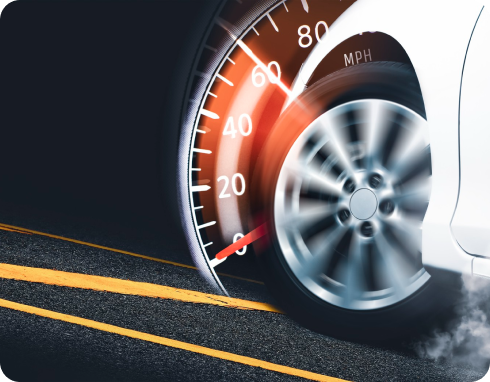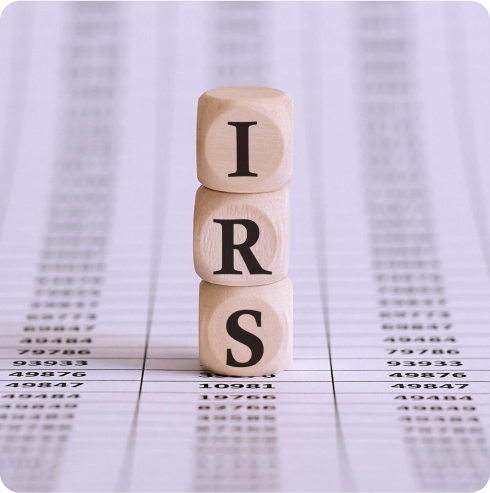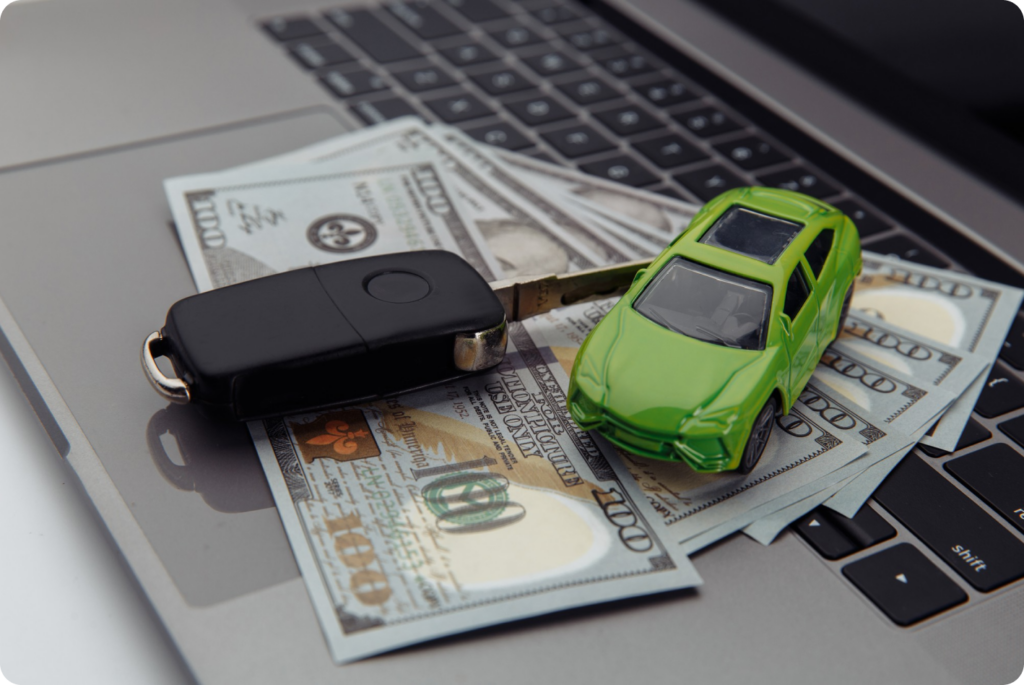Key Takeaways
- Mileage expense management improves tax compliance and reduces costs.
- Automating mileage tracking saves time and money and increases efficiency.
- Choose between manual and automated tracking based on business needs.
- Separate personal and business expenses to avoid complications.
- Implementing automated solutions leads to long-term productivity benefits.
Index Table
- Intro: Mileage and Expense Reimbursement
- 1. What is Mileage Expense Management?
- 2. Benefits of Streamlining Mileage Expense Management
- 3. Why Track Mileage?
- 4. Choosing the Right Mileage Tracking Method
- 5. Features of a Good Mileage Tracking App
- 6. Best Practices for Mileage and Expense Tracking
- 7. IRS Compliance and Mileage Reimbursement
- 8. Benefits of Automating Mileage Expenses
- 9. Implementing a Mileage Expense Management System
- 10. Common Challenges and Solutions
- 11. The Future of Mileage Expense Management
- 12. Conclusion
Intro: Mileage and Expense Reimbursement
1. What is Mileage Expense Management?
Mileage expense management refers to tracking, recording, and reimbursing business-related mileage expenses. This helps businesses stay organized while ensuring compliance with tax regulations.
Effective mileage expense management is vital for companies to maintain accurate records of mileage expenses, prevent discrepancies, and streamline the expense management process. By efficiently managing business expenses related to travel, companies can minimize errors and focus on maximizing productivity.

2. Benefits of Streamlining Mileage Expense Management

Streamlining mileage and expense tracking brings significant benefits to businesses. By reducing manual entry and human error, businesses can manage expenses efficiently and ensure accurate mileage reimbursement and expense reporting.
This saves valuable time and leads to overall savings for the company. A more efficient process allows businesses to focus on growth, and well-organized expense management improves financial oversight and decision-making.
3. Why Track Mileage?
Tracking mileage is crucial for businesses claiming tax deductions and ensuring proper mileage reimbursement. Accurate mileage tracking supports IRS compliance by maintaining detailed records of business miles.
When businesses track mileage efficiently, they reduce the risk of missed tax-saving opportunities and ensure that every business trip is correctly documented for tax season and employee reimbursements.

4. Choosing the Right Mileage Tracking Method
Selecting the right method for mileage tracking depends on accuracy, ease of use, and efficiency. Manual entry methods, such as logbooks or spreadsheets, require more time and are prone to errors.
On the other hand, a mileage tracking app automates the process, providing accurate mileage tracking with just a few clicks. These apps use GPS technology to track trips, eliminating the need for manual calculations. Businesses can improve efficiency and accuracy by choosing an automated solution that fits their needs, ensuring seamless mileage tracking and reducing human error.


Boost Efficiency
Dive into a Free Trial Today!
5. Features of a Good Mileage Tracking App
A good mileage-tracking app should offer essential features that simplify expense management and tracking. Automatic GPS-based accurate mileage tracking is crucial for precise records. The app should also integrate with accounting software, like expense tracking for accountants, to streamline expense reporting and reimbursement processes.
Look for apps that offer custom fields, allowing users to tailor mileage entries for different vehicles or purposes. A mobile app is ideal for tracking mileage on the go, ensuring that all miles are accounted for, whether for business trips or daily commutes. For delivery drivers, mileage tracking apps can also provide additional value by ensuring accurate mileage tracking for delivery routes, reducing errors, and ensuring fair reimbursements. Learn more about mileage tracking for delivery drivers to enhance your fleet’s efficiency. These features create a seamless experience that saves time and increases accuracy.
6. Best Practices for Mileage and Expense Tracking
To ensure accurate mileage logs, businesses should regularly review their tracking methods and encourage employees to use a mileage tracking app for both mileage and expense tracking. For independent contractors, effective expense tracking for independent contractors is crucial to maintain clear financial records and facilitate smooth reimbursement processes. Separating business mileage from personal trips is also important to maintain clean records. For additional information on effective methods and tools, check out our guide on expense tracking for business travelers.
Implementing clear employee reimbursement policies helps streamline the process, making it easier for employees to claim reimbursements and for finance teams to manage mileage and expense tracking efficiently. Accurate tracking improves compliance and ensures all business-related travel is accounted for properly.
7. IRS Compliance and Mileage Reimbursement
To maintain IRS compliance, businesses must keep detailed records of mileage expenses and ensure proper mileage reimbursement. Accurate business mileage tracking is essential to avoid discrepancies and claim the correct tax deductions.
By adhering to IRS guidelines, companies can ensure their mileage reports are audit-ready for tax season. Keeping accurate logs also helps businesses maximize potential tax deductions while staying compliant with regulations, ensuring that mileage reimbursements are handled efficiently and correctly.

8. Benefits of Automating Mileage Expenses

Automating mileage expenses offers significant time savings and improved accuracy. By reducing manual entry, businesses can manage costs more efficiently and save valuable time for other tasks.
Automated systems can track mileage and expenses in real time, ensuring that each business trip is accurately logged. This leads to immediate savings by minimizing errors and optimizing reimbursement processes. In the long run, automating mileage tracking helps companies streamline expense management while boosting overall efficiency.

Effortless Time Management
Get Started with a Free Trial!
9. Implementing a Mileage Expense Management System
Implementing an effective mileage expense management system requires careful planning. Start by choosing a reliable mileage tracking app that ensures accurate tracking and integrates seamlessly with existing accounting software. Additionally, for businesses managing mobile or remote teams, field service expense management solutions can provide further insights and streamline both mileage and broader expense tracking processes.
A well-designed system, like expense management for sales teams or expense management for non-profits, provides a seamless experience for employees and finance teams, making it easy to track business travel and efficiently handle reimbursements. Proper training and clear policies help ensure employees adopt the system and maximize its benefits, simplifying the expense management process for the entire company.

10. Common Challenges and Solutions

Implementing a mileage expense management system can present challenges, particularly with employee adoption and understanding of new processes. Resistance may stem from unfamiliarity with technology or concerns about accurate expense reporting. To address these challenges, companies in various sectors, including real estate, can benefit from expense tracking for real estate agents, which helps streamline their expense management processes.
Clear guidelines on employee reimbursement must be provided to overcome these issues, and robust support must be offered during the transition. Regular training sessions and consistent communication can ensure employees feel confident using the system, ultimately improving compliance and reducing errors.
11. The Future of Mileage Expense Management
Automation and mobile technology will drive the future of mileage expense management. Innovations such as mobile apps are streamlining the process, making it easier for employees to track mileage and expenses in real time.
With automation, businesses can expect more accurate tracking and reporting, reducing manual errors and increasing overall efficiency. These advancements will continue to reshape how companies handle their mileage and expense processes, offering new opportunities for growth and innovation.

12. Conclusion

A reliable mileage tracker helps businesses manage costs efficiently, reduces errors, improves compliance with tax regulations, and enhances overall financial transparency. As companies grow and adapt, leveraging a mileage-tracking app can save valuable time, ensure accurate reporting, and provide real-time insights into business travel costs. Additionally, for software developers managing their business finances, integrating expense tracking for software developers can further optimize financial operations.
In today’s fast-paced environment, now is the perfect time for businesses to embrace these tools and stay ahead in managing their financial operations with precision and ease. Additionally, integrating solutions like expense management for small businesses can further streamline financial processes, offering a comprehensive approach to handling business expenses. Embracing such innovations will lead to improved decision-making and long-term savings, positioning companies for greater success.
Unlock Productivity
Begin Your Free Trial Now!






